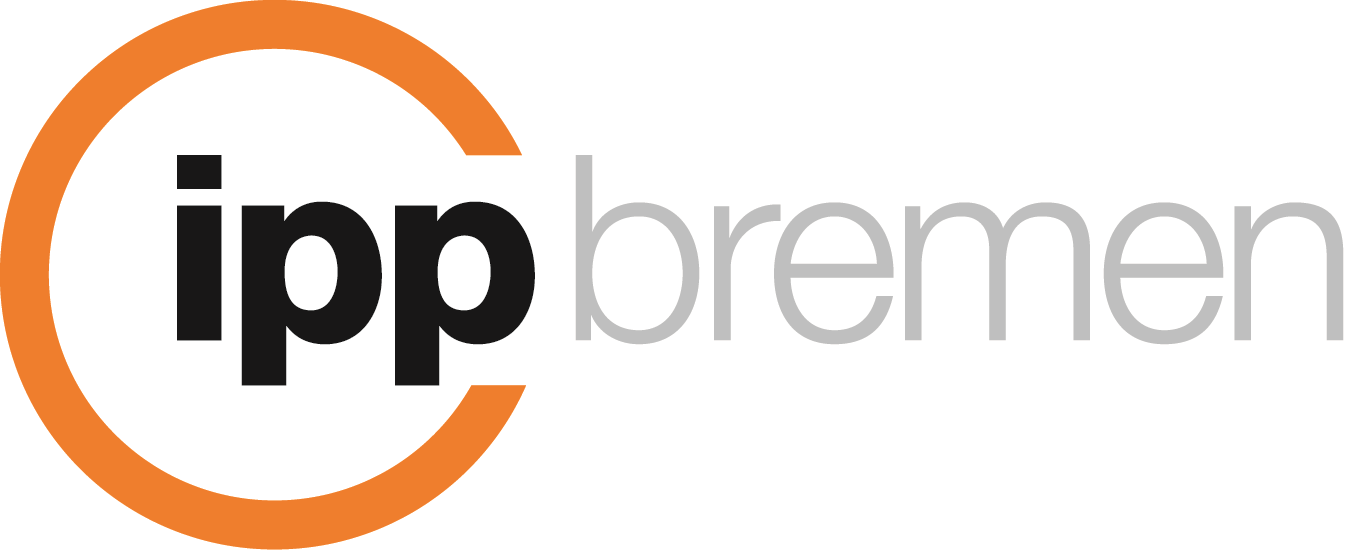Project details
Effectiveness of a peer-supported crisis intervention to reduce the proportion of compulsory admissions (PeerIntervent)
Anna Reisinger;
Description
Background: Individuals with severe mental health conditions can be admitted to a psychiatric hospital against their will. These compulsory admissions are usually very stressful for those affected. International and national studies show that the use of peer support workers (PSW) contributes to an equal interaction and reduces the feeling of discrimination and stigmatization. Through their own experiences with severe mental crises, they can use this expertise to accompany others in crisis. In Bremen, the Crisis Intervention Service (KID) was established as part of the Public Health Service (ÖGD) to deal with psychiatric emergencies.
Objectives: The PeerIntervent project aims to reduce the likelihood of compulsory admissions by implementing peer support in outpatient acute services within the KID; to make people going through a mental health crisis feel that they are being cared for with understanding and respect; to improve the understanding of people in an acute mental health crisis among KID staff and members of the police; and to strengthen the collaboration between ÖGD, academia, and the target groups.
Methods: This one-year intervention is an exploratory, cluster-randomized study. Trained PSWs will join the KID in two of five regions (the intervention regions) in the city of Bremen. PSWs will participate in crisis interventions as well as other aspects of the service's daily care routine. Additionally, in both intervention regions, PSWs will be involved in developing and conducting a customized anti-stigma training for police officers involved in emergency crisis interventions. The remaining three regions will serve as control regions. The proportion of compulsory admissions will be compared between intervention and control regions. Semi-structured interviews will be conducted with PSWs, patients from control and intervention regions, as well as focus group discussions with KID staff.

